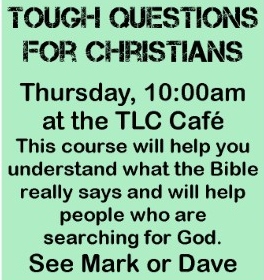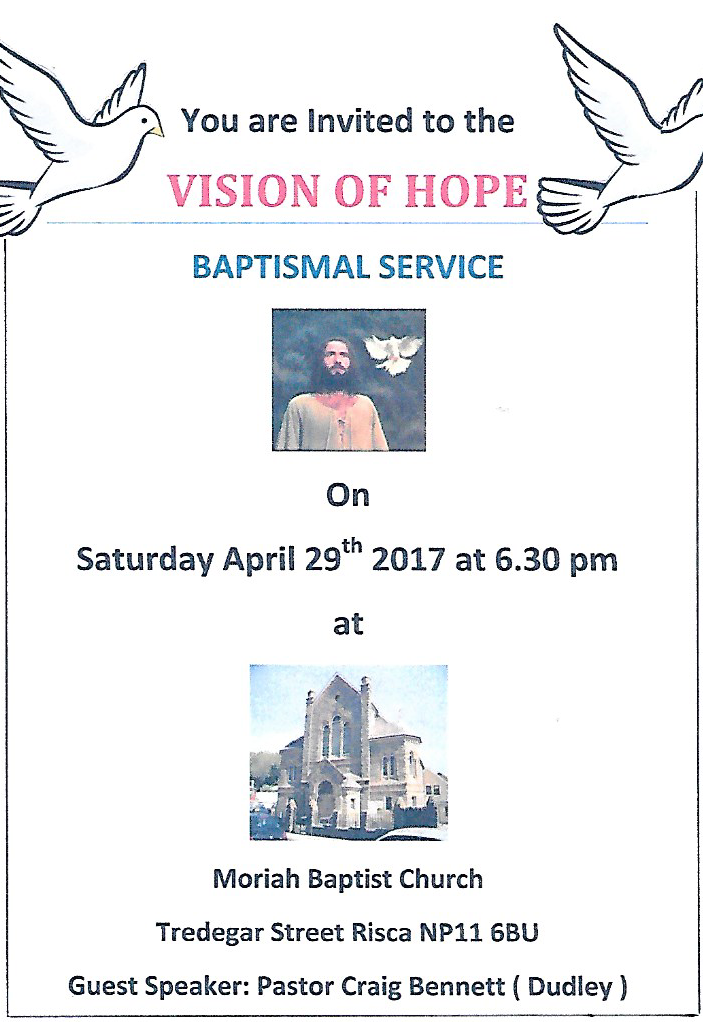Christians of all denominations are soon to take part in the global prayer movement Thy Kingdom Come.
Last year more than 100,000 people joined with the Archbishops of Canterbury and York to pray during the 10 days between Ascension and Pentecost.
This year, even more are expected to participate between May 25 and June 4.
Archbishop Justin Welby said: “Jesus prayed at the Last Supper that we, those who follow him, might ‘be one that the world might believe’. We are invited to make a lasting difference in our nations and in our world, by responding to his call to find a deep unity of purpose in prayer.
“It’s not a Church of England thing, it’s not an Anglican thing, it’s a Christian thing.”
Archbishop John Sentamu said: “It is my prayer that we shall continue growing in confidence to share Christ; that we shall see the Holy Spirit bringing joy, healing, reconciliation, and hope to many, and bringing new life both to Church and community, to the glory of God the Father. Remember, whilst the big events are fantastic, Thy Kingdom Come is really about being part of a movement of prayer – so small is beautiful, for Jesus says ‘where two or three gather together in my name…’ ”
Emma Buchan, project leader for the Archbishop’s Evangelism Taskforce, who heads up Thy Kingdom Come, said: “The global response to the campaign this year has been overwhelming. We’ve heard from churches across the world, including different denominations and traditions, who have all pledged to get involved from South Africa to Canada and from the Brazil to Hong Kong. Each place is organising the time in their own way, for example in Hong Kong they are planning big celebrations in the cathedrals and establishing a network of ‘prayer warriors’. That’s the beauty of Thy Kingdom Come.
“Last year Thy Kingdom Come gave people time and space outside their normal worshipping patterns to come closer to God and we heard many stories of the deep impact it had on people’s lives.
“This year we have developed a wide range of resources for everyone which includes ideas on prayer stations, prayer walks, finding fun and creative ways of praying together as a family. We also have Novena prayer booklets and liturgy for a range of traditions.”
The Revd Canon Chris Russell, Adviser for Evangelism & Witness at Lambeth Palace, said: “Thy Kingdom Come is a wonderful opportunity to join with Christians around the world in praying that most ancient of prayers ‘Come, Holy Spirit’, so we might rediscover our vocation to all be witnesses to Jesus Christ.
“While there are ideas and resources and prayers and activities available for all, it is at the core about God’s people praying for the empowering of the Spirit. And we can all do that.”
Churches across the world have planned activities including prayer walks, candlelit services, street parties, psalm drumming, fireworks and prayer tepees.
There will be a live service on BBC1 at 10am on Pentecost Sunday with Archbishop Justin Welby, Matt Redman, Tim Hughes and Liz Adekunle.
Elsewhere in the UK people will gather for 34 special beacon services in Cathedrals and thousands are preparing to pray in churches.



